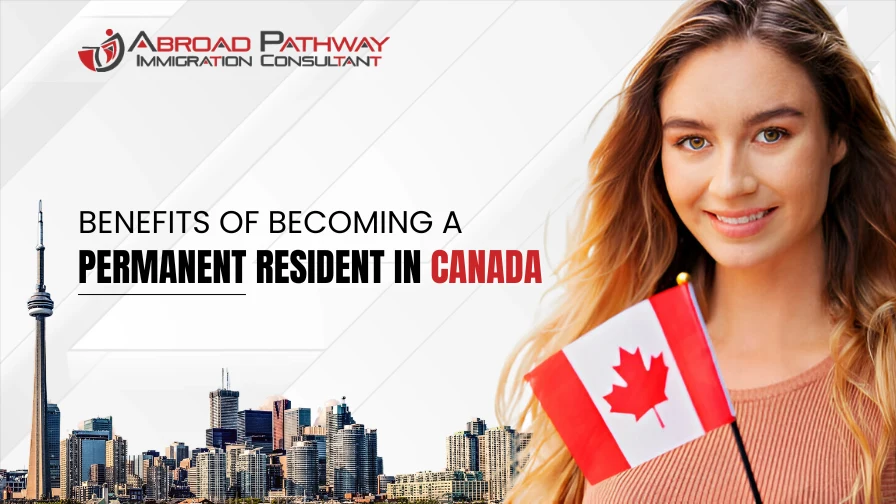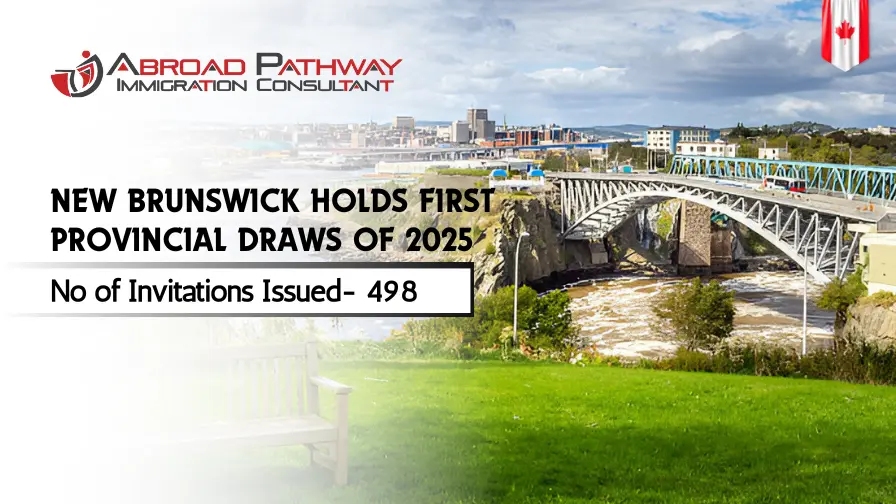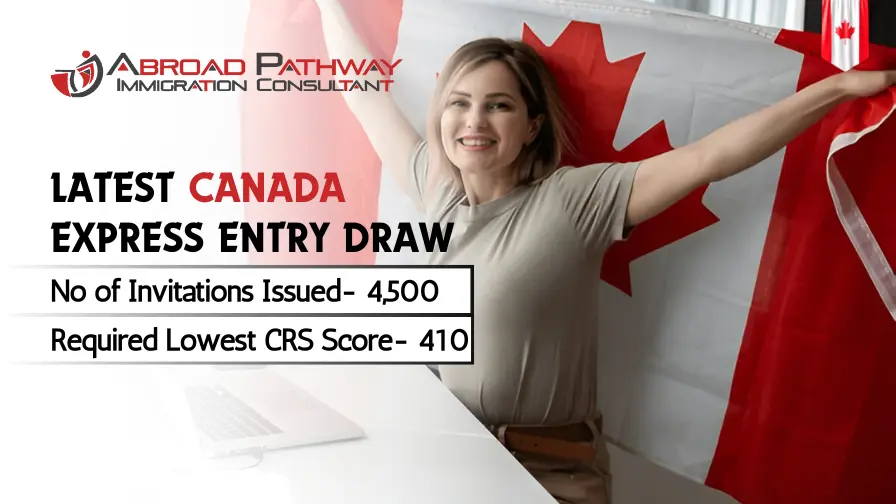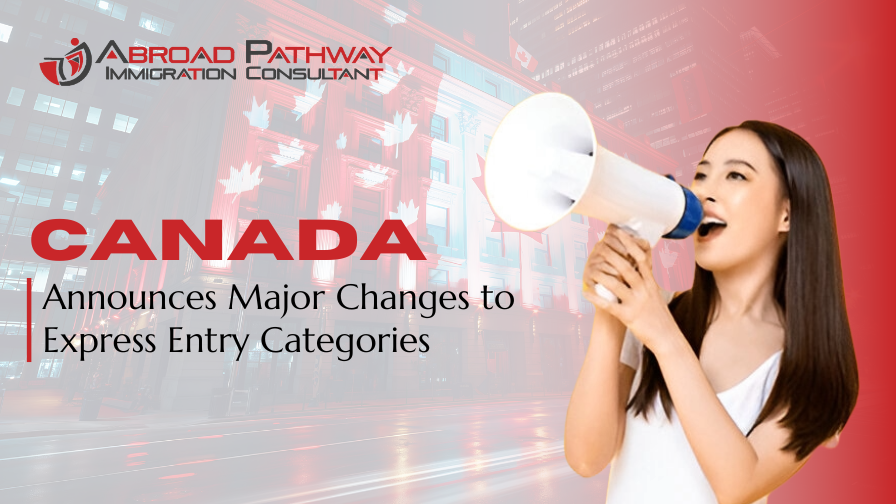Why Choose the US H1B Visa as a Specialty Worker?
The US H1B Visa is one of the most sought-after options for individuals looking to work in the United States. This visa is specifically designed for specialty workers, requiring applicants to have at least a Bachelor's degree in fields such as IT, finance, architecture, medicine, and science. In this article, we will explore the benefits of working in the US as a specialty worker, the details of the H1B visa, the process of obtaining the visa, and the opportunities it provides for career growth and settlement in the US.
Benefits of Working in the US as a Specialty Worker
There are several compelling reasons why individuals choose to work in the United States as specialty workers on the H1B visa:
- Higher Earning Potential: Working in the US allows specialty workers to earn significantly higher salaries compared to their home countries. In fact, the earnings in the US can be up to five times higher than their current salary.
- Direct Path to Green Card: The H1B visa serves as a direct path to obtaining a Green Card, which grants permanent residency in the US. This is a significant advantage for individuals looking to settle in the US in the long term.
- Opportunity for Career Growth: The US offers a vibrant job market and numerous opportunities for career growth and development. Specialty workers can gain valuable experience, work with leading companies, and expand their professional network.
- Quality of Life: The United States is known for its high standard of living, advanced infrastructure, and access to world-class healthcare and education. Specialty workers and their families can enjoy a comfortable and fulfilling life in the US.
Understanding the US H1B Visa
The US H1B Visa is a non-immigrant visa that allows specialty workers to live and work in the United States for a specified period. Here are some key details about the H1B visa:
- Eligibility: To qualify for the H1B visa, applicants must hold a Bachelor's degree or higher (or an equivalent in their home country) or have at least 12 years of work experience in the relevant field. The visa is specifically for specialty occupations that require specialized knowledge.
- Visa Validity: The H1B visa initially has a validity of three years, with the option to extend it for up to a maximum of six years. After the six-year period, the visa holder must either leave the US or obtain a different visa to continue their stay.
- Change of Employer: The H1B visa allows visa holders to change employers during their stay in the US. However, the new employer must file a new H1B petition on behalf of the employee.
- Dependent Spouse and Children: H1B visa holders can bring their dependent spouse and children (under the age of 21) to the US on an H4 visa. Dependents on the H4 visa can study in the US and may also be eligible to work under certain circumstances.
H1B Visa Application Process
The process of obtaining an H1B visa involves several steps, including:
- Obtaining a Job Offer: The first step is to secure a job offer from a US employer who is willing to sponsor the H1B visa. The employer must file an H1B petition on behalf of the employee.
- Preparing Documentation: The H1B visa is a point-based system, and applicants must meet certain requirements to accumulate the required points. The documentation includes a Bachelor's or Master's degree (or equivalent), work experience, and other supporting documents.
- Filing the H1B Petition: Once the documentation is ready, the employer files the H1B petition with the United States Citizenship and Immigration Services (USCIS). The petition must be filed during the designated filing period, which usually begins on April 1st.
- Application Review and Approval: USCIS reviews the H1B petitions and approves them based on the eligibility criteria. If approved, the applicant can proceed with the visa stamping process.
- Visa Interview and Stamping: The applicant must attend a visa interview at the US embassy or consulate in their home country. If the interview is successful, the visa will be stamped in the applicant's passport, allowing them to travel to the US.
H1B Visa Costs and Fees
It is important to consider the costs associated with the H1B visa. The standard filing fee for the H1B petition is currently $460. However, it is important to note that the fees are subject to change, and it is advisable to check the USCIS website for the most up-to-date information.
Additionally, there may be additional costs involved, such as attorney fees, premium processing fees (if applicable), and other miscellaneous expenses related to the visa application process.
H4 Visa for Dependents
The H4 visa is a non-immigrant dependent visa that allows the spouse and children (under the age of 21) of an H1B visa holder to accompany them to the US. Here are some important details about the H4 visa:
- Eligibility: The H4 visa is available to the spouse and children of an H1B visa holder. The validity of the H4 visa is dependent on the validity of the H1B visa held by the primary applicant.
- Privileges: H4 visa holders can live, study, and work in the US. They can also obtain a driver's license and qualify for financial services. The H4 visa holder may work part-time, full-time, or choose not to work at all.
- Documents Required: The documentation required for an H4 visa application includes a valid passport, passport-sized photographs, marriage certificate (original), birth certificates of children, and other supporting documents.
L-1A Visa for Intra-Company Transfers
The L-1A visa is another option for individuals looking to work in the US. It is specifically designed for intra-company transfers, allowing managers or executives to be transferred to US offices of their company. Here are some key details about the L-1A visa:
Eligibility: To qualify for the L-1A visa, the applicant must have been employed by the international employer for at least one year in the preceding three years. The employer must have a qualifying relationship with the US employer, such as being a branch, subsidiary, or affiliate.
Green Card Option: The L-1A visa provides a relatively straightforward path to obtaining a Green Card through the EB-1C category. This eliminates the need for a PERM Labor Certificate and reduces the processing time.
Employer and Employee Requirements: The employer must meet certain requirements, including having a qualifying relationship with the US employer and conducting business in both the US and another country. The employee must have worked in an executive or managerial role for the international employer.
L2 Visa for Dependents
The L2 visa is a dependent visa that allows the spouse and unmarried children (under the age of 21) of an L1 visa holder to accompany them to the US. Here are some important details about the L2 visa:
- Eligibility: The L2 visa is available to the spouse and children of an L1 visa holder. The validity of the L2 visa is dependent on the validity of the L1 visa held by the primary applicant.
- Privileges: L2 visa holders can live in the US, study full-time, and apply for an Employment Authorization Document (EAD) to work in the US. They can also change their visa status to other non-immigrant visas and travel internationally.
- Documents Required: The documentation required for an L2 visa application includes a completed DS-160 form, valid passports, passport-sized photographs, marriage certificate (original), birth certificates of children, and other supporting documents.
R1 Visa for Religious Workers
The R1 visa is designed for individuals who want to work in the US as religious workers. Here are some key details about the R1 visa:
- Eligibility: To qualify for the R1 visa, individuals must work at least 20 hours per week in a religious position or be a minister in a religious organization. They must have a bona fide religious organization or be employed by a religious non-profit organization in the US.
- Duration and Renewal: The R1 visa is a short-term visa, allowing individuals to work in the US for a specific period. The visa can be renewed, but the total stay cannot exceed five years. After the five-year period, individuals must reside outside the US for at least one year before applying for another R1 visa.
- Documents Required: The documentation required for an R1 visa application includes a completed DS-160 form, valid passport, passport-sized photograph, and other supporting documents.
R2 Visa for Dependents
The R2 visa is a dependent visa that allows the spouse and unmarried children (under the age of 21) of an R1 visa holder to accompany them to the US. Here are some important details about the R2 visa:
- Eligibility: The R2 visa is available to the spouse and children of an R1 visa holder. The validity of the R2 visa is dependent on the validity of the R1 visa held by the primary applicant.
- Privileges: R2 visa holders can live in the US for the same duration as the primary R1 visa holder. They can also study in the US, travel internationally, and apply for permanent residency status.
- Documents Required: The documentation required for an R2 visa application is similar to other dependent visas and includes a completed DS-160 form, valid passports, passport-sized photographs, and other supporting documents.
Conclusion
Working in the US as a specialty worker on the H1B visa offers numerous benefits, including higher earning potential, a direct path to a Green Card, and opportunities for career growth. Understanding the details of the H1B visa, the application process, and the options available for dependents is essential for individuals considering this path. Additionally, exploring other visa options such as the L-1A, R1, and their corresponding dependent visas can provide alternative pathways to working and living in the US. With careful planning and guidance from experts, individuals can make the most of the opportunities available in the US job market and fulfill their professional aspirations.






